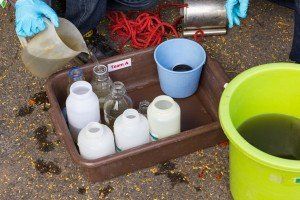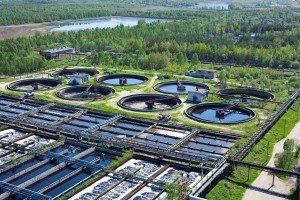A Publication in Water & Wastewater Treatment Magazine
Eleanor, our senior geoscientist has had an article published in the water & wastewater treatment magazine.
We’re thrilled to be published in Water & Wastewater Treatment (WWT) this month, with an article written by our Senior Geoscientist, Dr. Eleanor Raper. Eleanor specialises in wastewater and water treatment; the article she wrote for WWT is about the importance of reviewing your wastewater treatment system.
Wastewater treatment processes have often been overlooked, but increasingly stringent emissions limits mean that businesses are paying more attention to their wastewater treatment procedures. There is also an increasing awareness of the environmental impacts of pollutants in the water system. For example, an increase in understanding of eutrophication and its effects has led to lower emission limits for nitrogen and phosphate compounds. As well as being bound by stricter emissions limits, businesses should review their wastewater treatment systems to ensure efficiency and potentially save on costs.
Given that the inputs to a wastewater treatment system are highly likely to change over time and space, reviewing systems regularly is important to make sure that the processes are still appropriate. Treating wastewater can involve physical, chemical and biological processes, or a combination. Understanding the role of each stage and how it relates to the other stages in a water treatment process is important, as each stage of the process impacts on the process as a whole.
As well as the inputs changing, there can sometimes be a loss of knowledge of the treatment system, as knowledge is passed on from one operator to the next, often incompletely. This can lead to processes being used that are no longer fit for purpose, or processes being operated incorrectly.
Over time, the equipment and technology used in a wastewater treatment process needs to be reviewed and may need to be updated. Applying new technologies to a wastewater system does not always require significant investment, but could lead to environmental and economic gains for a business.
At Envireau Water, we understand that businesses want to operate their systems as economically and efficiently as possible. If you operate a wastewater treatment plant that might benefit from a review, get in touch with Eleanor on 01748 889 470, or email Eleanor@envireauwater.co.uk.










